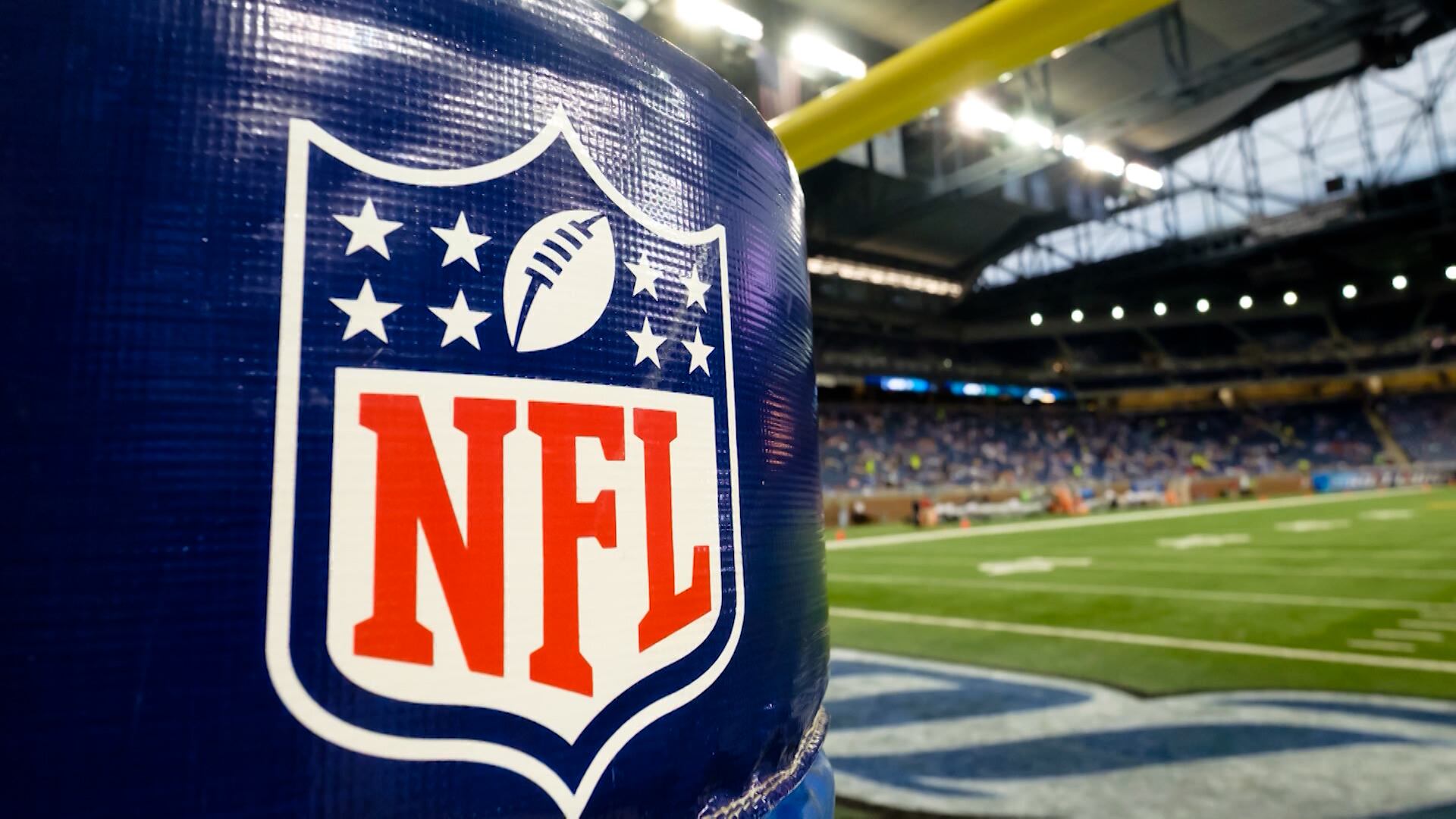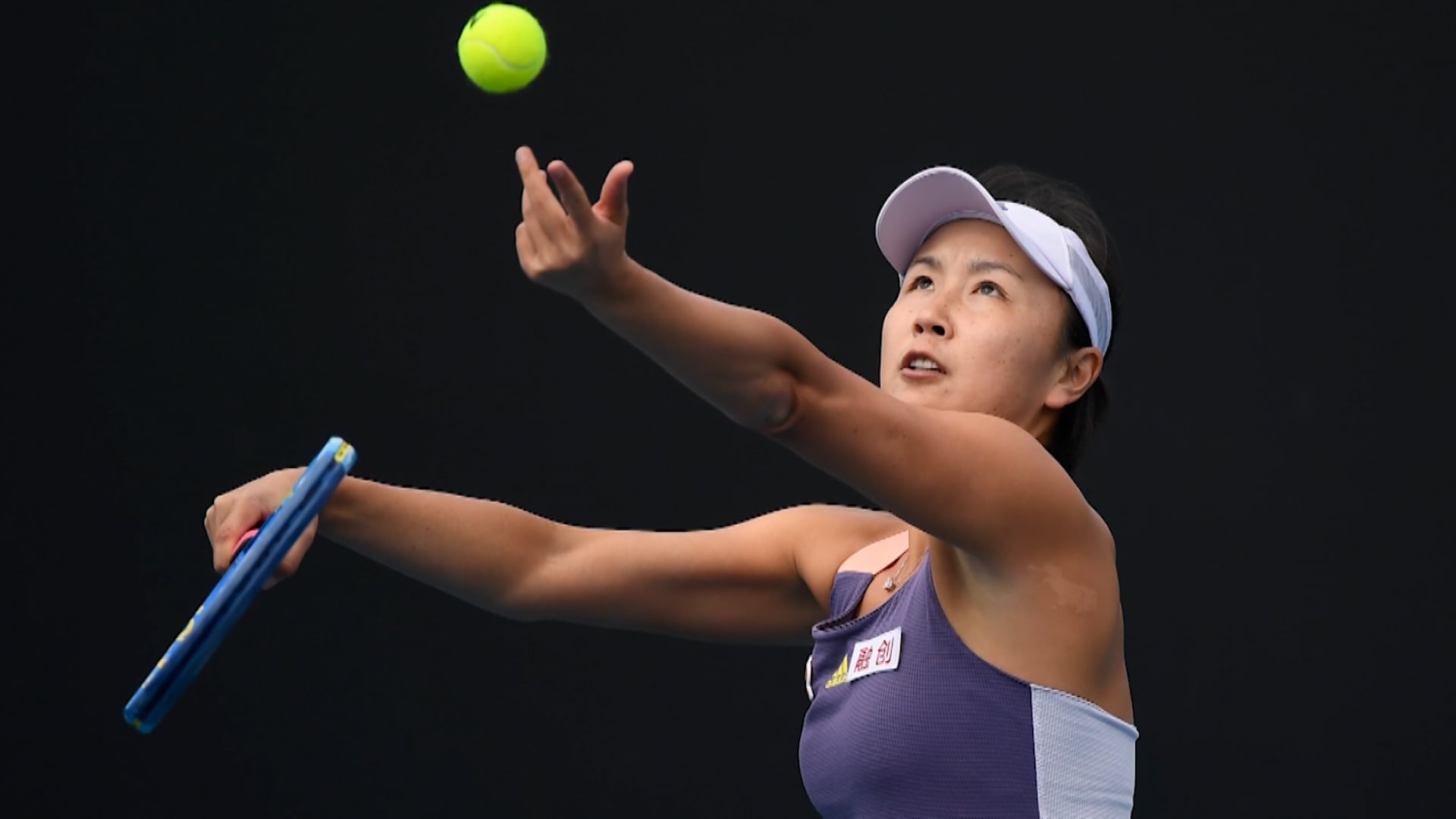By Will Graves
Simone Biles came to Tokyo as the star of the U.S. Olympic movement and perhaps the Games themselves. She convinced herself she was prepared for the pressure. That she was ready for the spotlight.
Only, as the women's gymnastics team final approached on Tuesday night, something felt off for the American star. So rather than push through the doubts that crept into her head as she's done so many times before, she decided enough was enough.
Biles withdrew from the competition following one rotation, a stunning decision that opened the door for the team Russian Olympic Committee to surge to gold. Her American teammates held on for silver after the 24-year-old realized following a shaky vault she wasn't in the right headspace to compete.
“I didn’t want to go into any of the other events second-guessing myself,” Biles said. “So, I thought it would be better if I took a step back and let these girls go out there and do their job.”
Biles spent the final three rotations serving as head cheerleader while Grace McCallum, Sunisa Lee and Jordan Chiles carried on without her. The U.S. drew within eight-tenths of a point through three rotations. ROC, however, never wavered on floor. And they erupted when 21-year-old Angelina Melnikova's score assured them of the top spot on the podium.
The victory came a day after ROC men’s team edged Japan for the top spot in the men’s final.
Great Britain edged Italy for bronze.
The U.S. entered the finals hoping to bounce back from a shaky performance in qualifying, when the Americans came in second to the ROC. It marked the first time in 11 years the U.S. found itself looking up at the scoreboard at someone else.
Biles posted on social media Monday that she felt the weight of the world on her shoulders. It affected her practice. It affected her confidence. And when she stepped onto the vault runway, it finally found its way to her performance, too.
“To see her kind of go out like that is very sad because this Olympic Games, I feel like, is kind of hers," Lee said.
Biles was scheduled to do an “Amanar” vault that requires a roundoff back handspring onto the table followed by 2 1/2 twists. Biles instead did just 1 1/2 twists with a big leap forward after landing. She sat down and talked to U.S. team doctor Marcia Faustin, then headed to the back while her teammates moved on to uneven bars without her.
When Biles returned several minutes later, she hugged her teammates and took off her bar grips. And just like that, her night was over.
“It’s very uncharacteristic of me,” Biles said. “So it just sucks that it happens here at the Olympic Games than have it happen at any other time. But, you know, with the year that it’s been, I’m really not surprised.”
Biles is scheduled to defend her Olympic title in the all-around final on Thursday. She also qualified for all four event finals later in the Games. She said she will regroup on Wednesday before deciding whether to continue.
Biles’ abrupt absence forced the Americans to scramble a bit. The finals are a three-up/three-count format, meaning each country puts three of their four athletes up on an apparatus, with all three scores counting.
Chiles stepped in to take Biles' place on uneven bars and balance beam. The 20-year-old who made the team with her steady consistency pulled off a solid bars routine and drilled her balance beam set two days after falling twice on the event.
Thanks in part to a little help from ROC — which recorded a pair of falls on beam — the U.S. drew within striking distance heading to floor, the final rotation.
Yet the Americans — without Biles and her otherworldly tumbling — needed to be near perfect to close the gap. It didn’t happen. Chiles stumbled to the mat at the end of her second pass, and any chance the U.S. had of chasing down ROC went right along with it.
Updated on July 27, 2021, at 12:13 p.m. ET with the latest details.












